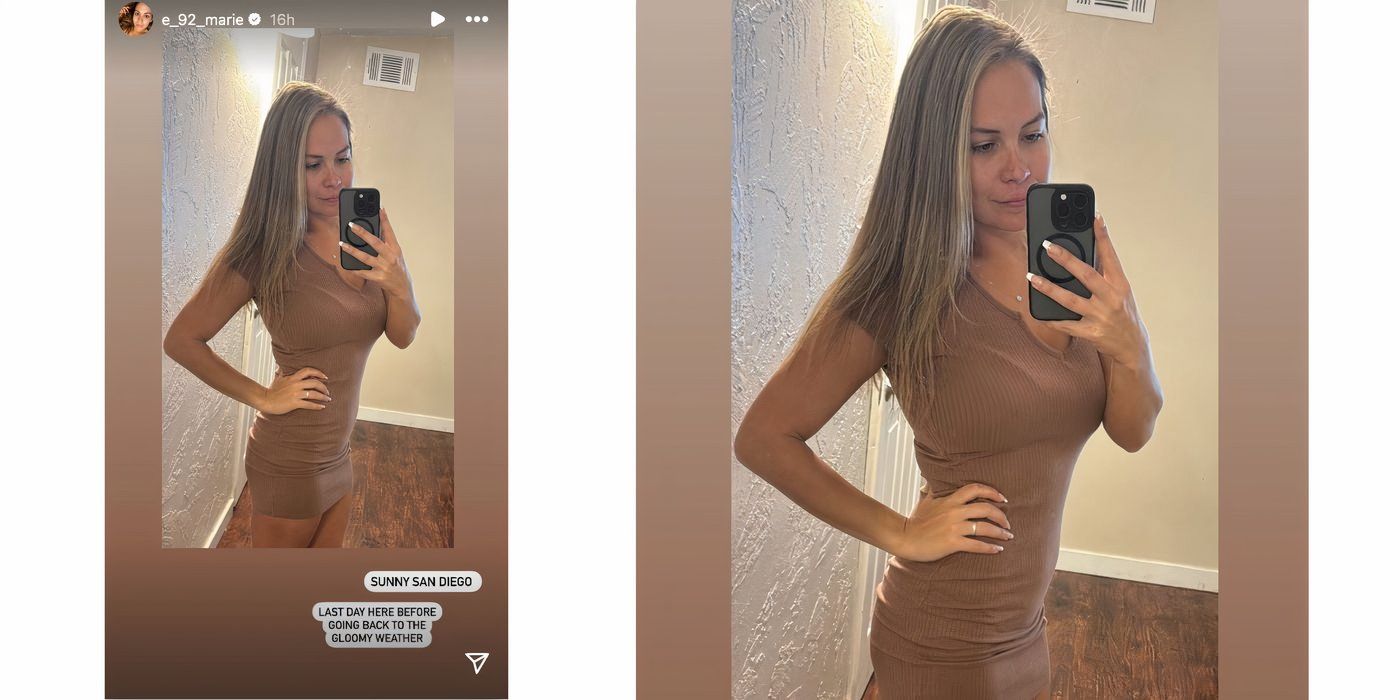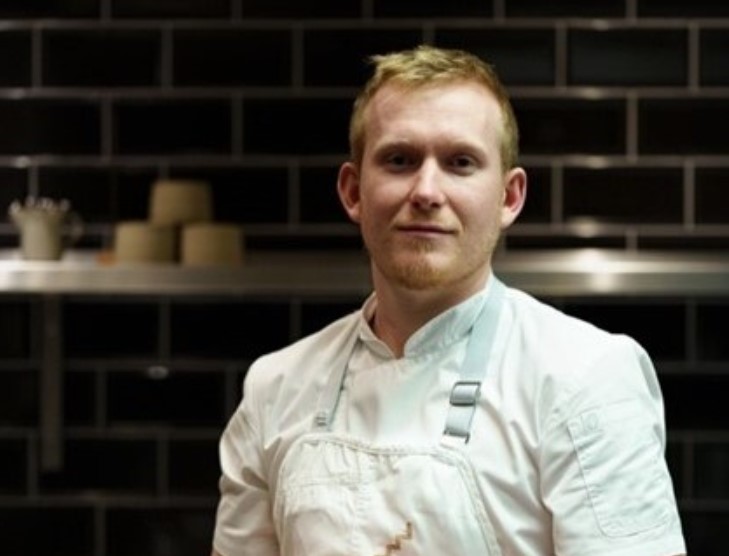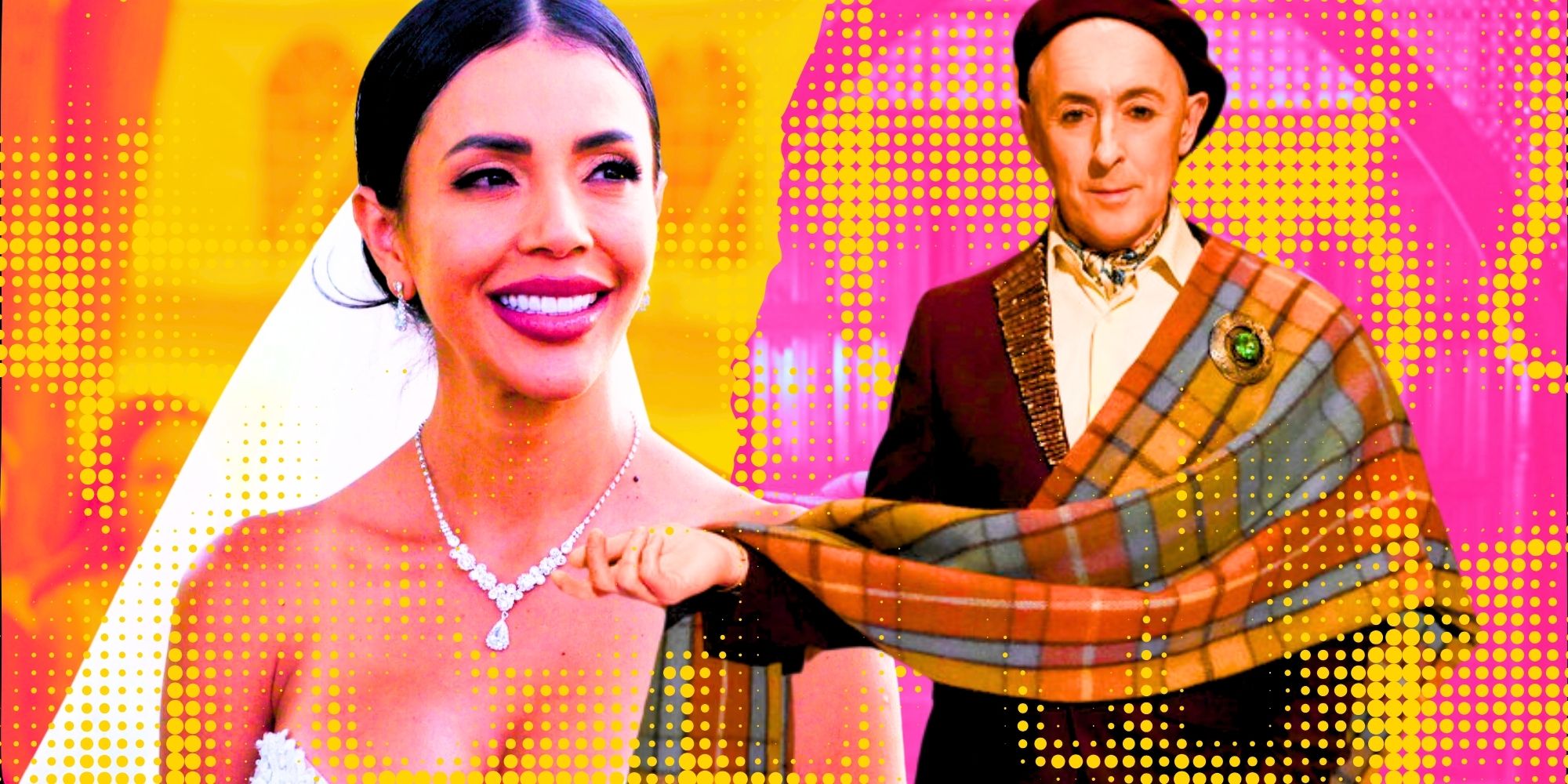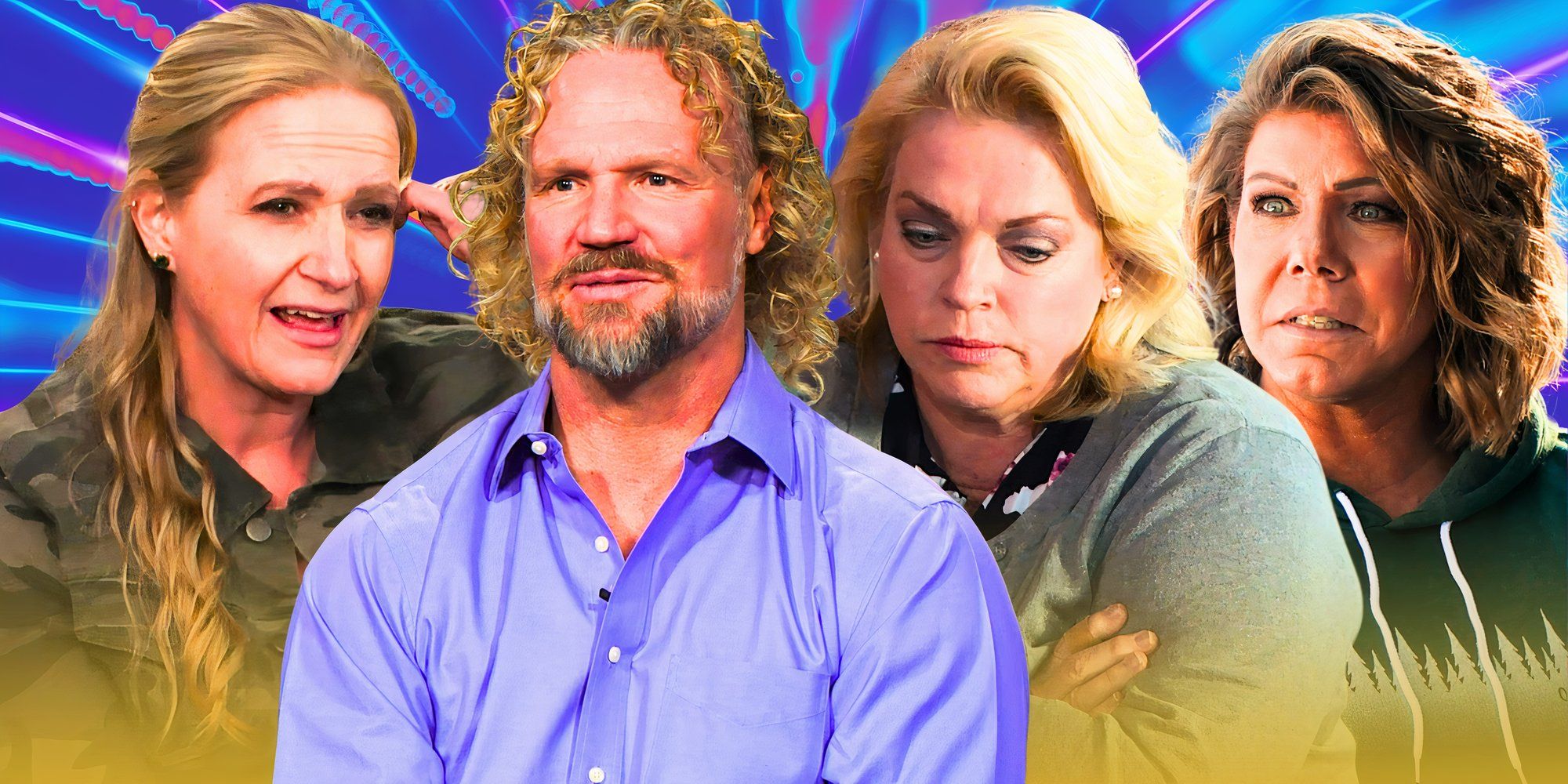Kat Sadler has been gathering the material for Such Brave Girls for most of her life. It is a loosely autobiographical sitcom in which she stars as Josie, who has a long history of depression, suicidal thoughts and poor mental health. A few years ago, Sadler was sectioned after twice trying to kill herself. At the start of lockdown, she revealed this to her sister, Lizzie Davidson. Davidson told Sadler that she was secretly £20,000 in debt. When they started to laugh their heads off, Sadler realised she might be able to fashion this grist into art.
Sororal bonds and the propensity to laugh in the face of disaster infuse the sitcom Sadler eventually created (which also features Davidson as Josie’s sister, Billie). It is her first TV show – she is a standup turned writer for The Mash Report and Joe Lycett’s Got Your Back – but suffers only minimally from lack of experience.
The first couple of episodes don’t establish the characters or dynamics firmly enough and drag a little because the jokes are too far apart. But the dismal world of depressive, insecure Josie – who has internalised the pain of a traumatic childhood and abandonment by their father 10 years before – and overconfident (read: equally insecure) Billie has cohered by episode three. The rest of the series flies on wings of malevolent delight.
It retains the glorious unsentimentality and ruthlessness with which it begins. Their mother, Deb (Louise Brealey, on wonderful form as a non-loving mother on the edge) has a new boyfriend, Dev (Paul Bazely, treading a line between hapless and creepy), and spits private threats to get the girls to behave in front of him. Their dad left the family saddled with debt and she needs to land a financially stable man. “I’m going to call him Daddy,” says Josie, as the sisters converge in a rare moment of unity to decide on their strategy. “I’m going to call him Daddy,” agrees Billie. “But only in a sexual way.”
From there, we roam across Billie’s devotion to Nicky (Sam Buchanan), the toxic man of her dreams; Josie’s struggles with her sexuality as she falls for a woman (Jude Mack) but is contracted for twice-weekly handjobs to her possessive boyfriend, Seb (Freddie Meredith); and Deb’s ever-more debilitating web of lies to keep her relationship with Dev going, despite his fondness for his iPad and her paying for everything.
It is a world populated by narcissists and the traumatised in which nothing runs straight or true. Josie’s mental health troubles do nothing but enrage Deb (“I won’t have any eating disorders in this house”), who at best urges her to stop thinking, stop loving, stop letting “big feelings” in at all. It takes in pregnancy (Billie worries that having Nicky’s baby makes her look “a bit too available” to him), termination, coked-up clubbing, camping, religious epiphany, dead wives, the pulverisation of hope and ambition (“You’re only psych-ward good,” says Deb when Josie mentions being praised during her art therapy class) and all negative points in between. It is properly brutal and properly funny.
There is a particular joy in seeing a woman-led, female-written show that doesn’t pull its punches and revels in plumbing the depths. Their nan’s heartfelt but (probably) untrue testimony about being taken out and beaten in the night by her care workers is one of the smaller moments of the show, but perfectly indicative of its tone and its triumph.
Such Brave Girls is indeed brave – singular, fresh, scabrous and unflinching – but still – or, rather, as a result – hilarious. Let’s hope a second series, set up by the finale, will, like the girls, eventually make it through.
after newsletter promotion
Such Brave Girls aired on BBC Three and is available on BBC iPlayer







